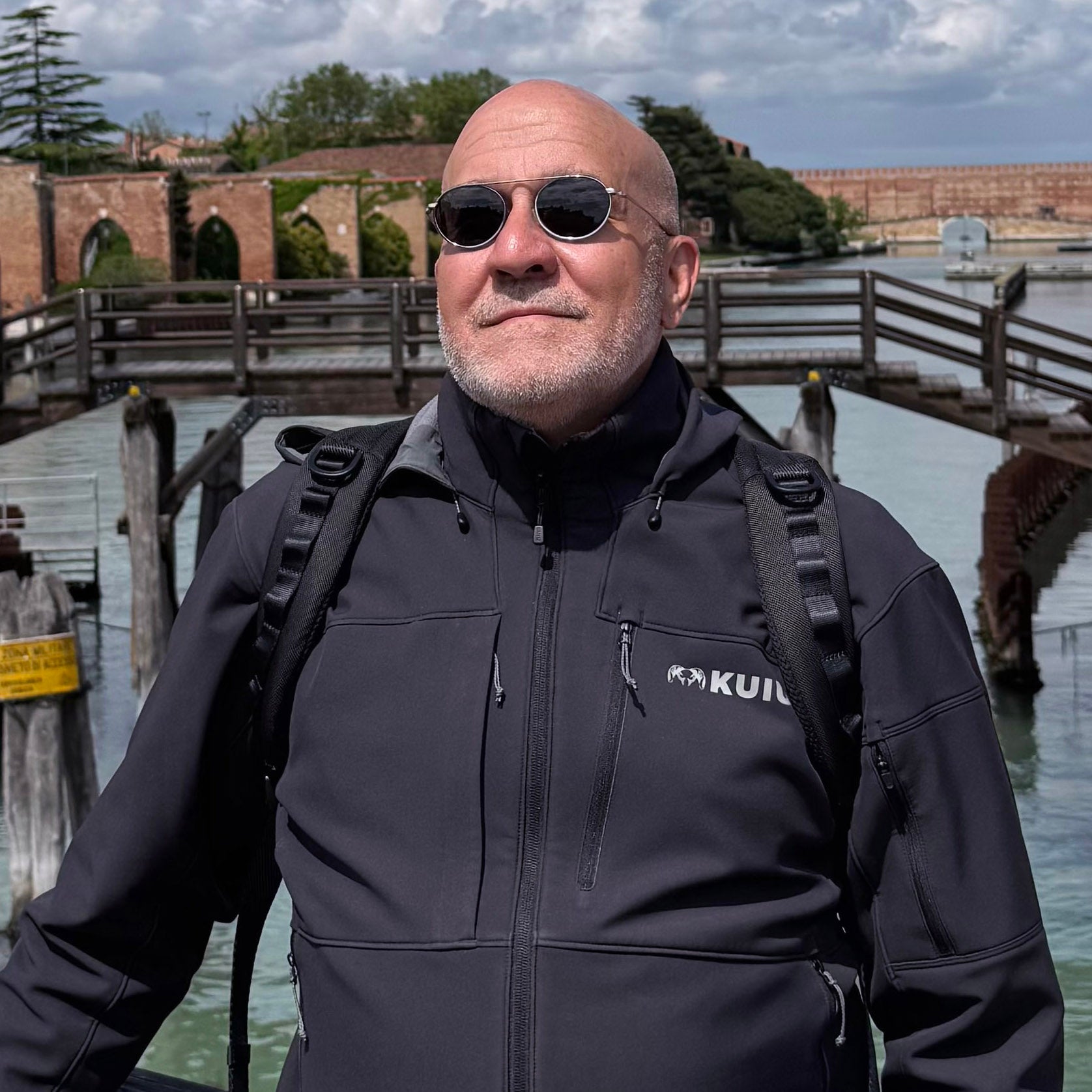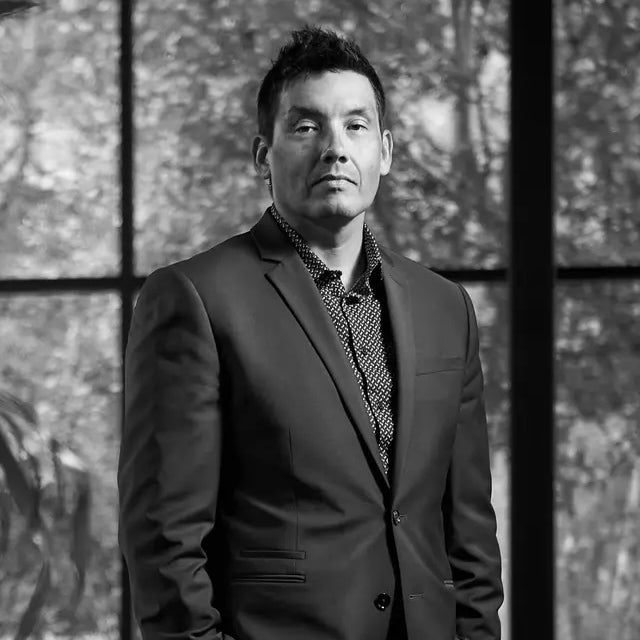
Alum in Action: Marnique Heath on prioritizing diversity in design
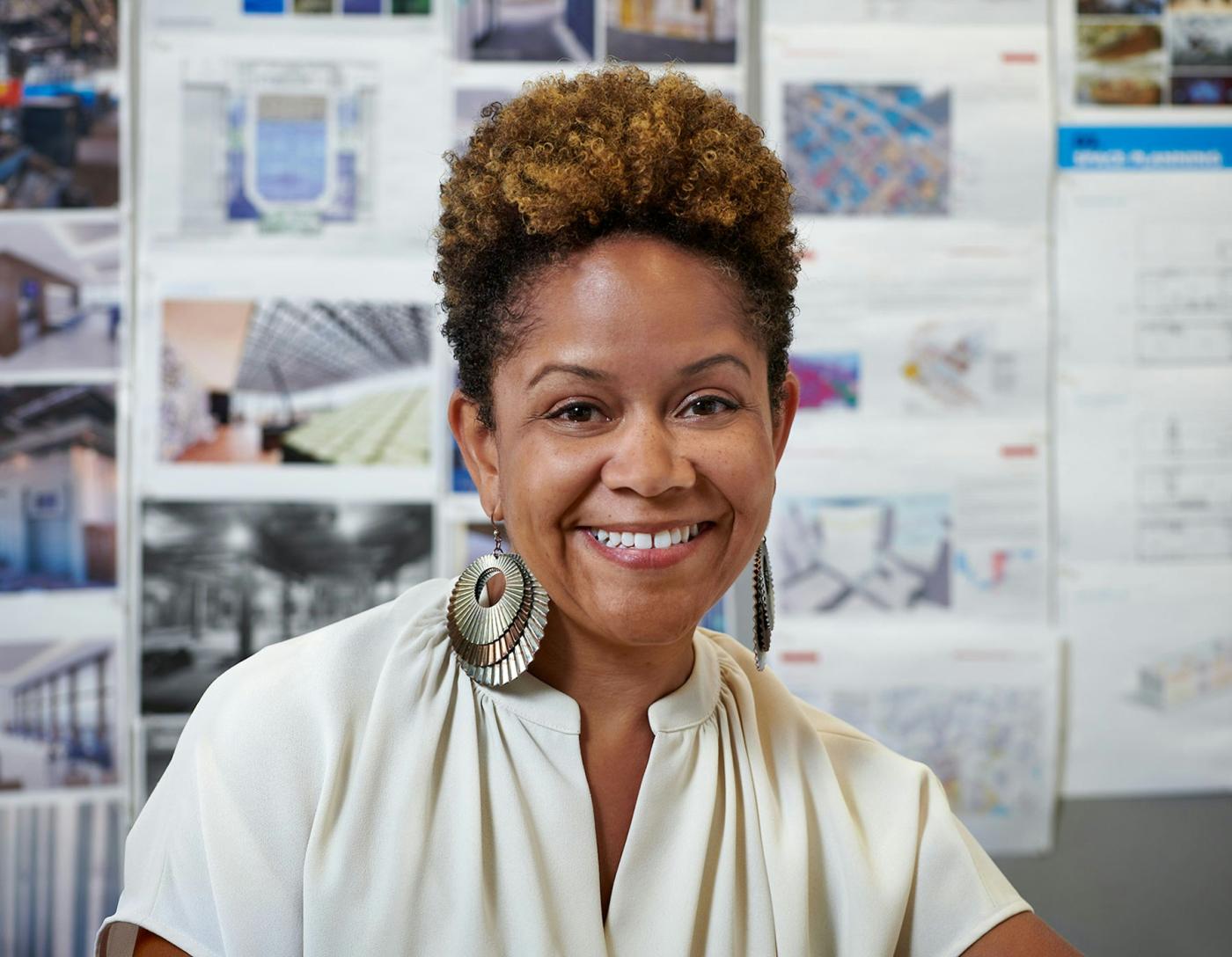
Marnique Heath (BSArch '96 ; MArch ’98)
Principal and Chair of the Board of Directors, STUDIOS Architecture
The American Institute of Architects recently interviewed alumna Marnique Heath (BSArch '96; MArch '98), FAIA, on how prioritizing diversity leads to unique ways of thinking about design. In the feature, Heath who is Principal and Chair of the Board of Directors of STUDIOS Architecture based in Washington, D.C., talks about the people who inspire her and diversity in the architecture field.
Excerpts from the interview are shared below.
What inspired you to become an architect?
When I was really young I loved to do things that involved making or drawing. When I had time on my own I’d make things out of random scraps I’d find around the house, or draw what I saw from magazines. A lot of that was fashion and interior design oriented, but it was all in the spirit of being creative. As I got a little older, my parents started talking to me about different things I could explore in creative fields and architecture was one of those things.
[My parents] presented [architecture] to me as something
that would allow me to explore a lot of different
avenues with design, and that’s proven to be true.
We touch a lot of different things like the scale of cities, the scale to parks, to buildings, to the scale of interiors and furniture and products. I’ve always maintained an interest in all of those scales.
By the time I was in high school, my parents started to connect me to people they knew who led architecture firms locally. I had a chance to see what architects did and learn about the profession that way. When it was time to go to college, I knew architecture was the path I wanted to take.
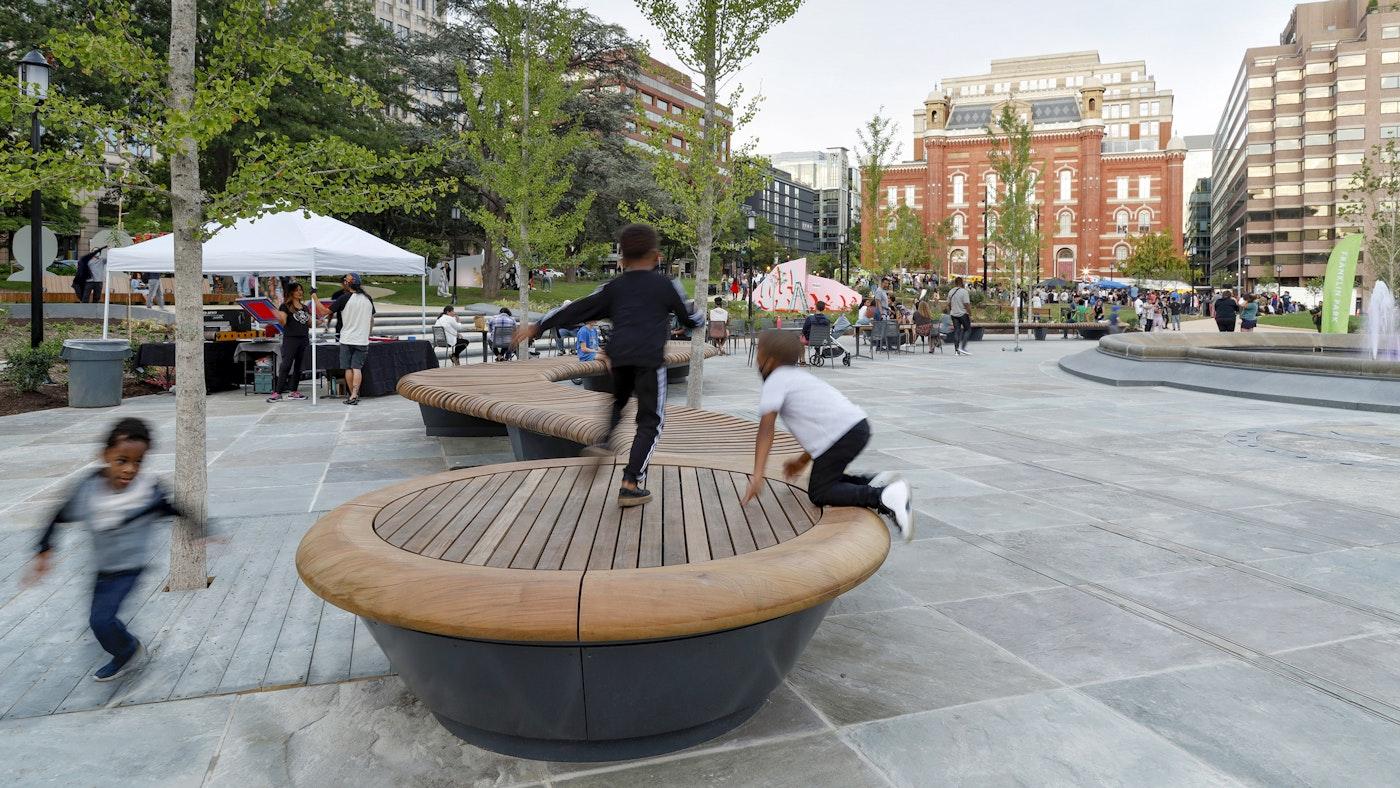
Who are your biggest role models?
Shortly after starting Architecture School at the University of Virginia, Bill McDonough became our dean and an early mentor. He was somebody I worked closely with in a leadership capacity through the school and got to know very well. At the time, he was establishing a brand as a national voice on sustainability, and I don’t think we realized just how prominent his voice was becoming and how important his work was. He inspired me to begin thinking about how we design and how we can design in ways that help protect the earth.
Kenneth Schwartz, who was one of my first professors at UVA and went on to become the dean of the school of architecture at Tulane, has been a role model and mentor to me for many years. He’s remained in touch with me over the years and would bring opportunities to me like participating in NCARB or speaking at conferences. He was the one who encouraged me to apply for AIA fellowship and he was my sponsor.
There are people who weren’t direct mentors but inspired me, like seeing Diane Hoskins in her role as a leader at Gensler.
As a young black woman seeing another black woman in that leadership position was inspiring and showed me what was possible.
I hope to be that for someone else.
You founded the Diversity, Equity, Inclusion, and Belonging Council at STUDIOS. What does that council work towards and why is diversity especially important in the world of architecture?
Architecture, for so many years, has been a white man’s profession. I’m excited to be part of a firm that recognizes that phenomenon needs to change and that by bringing more voices to the table the solutions we propose are much more rich.
While it wasn’t always overtly spoken, I could see in the way that we’ve operated that we’ve always believed in giving people the opportunity to have a voice through design. One of the reasons I’ve remained at STUDIOS my entire career is because I had freedom to lead early. I think young women, African Americans, Latinos, Asians, any underrepresented populations can bring a different perspective to the table. It’s important to have diversity to represent the diverse communities we touch and it’s important to let that diversity influence us to think about design in new and different ways.
Diverse voices also means people who are new to the profession. People who bring new ideas and new energy. As architects we must be more open and receptive to more voices in these discussions.
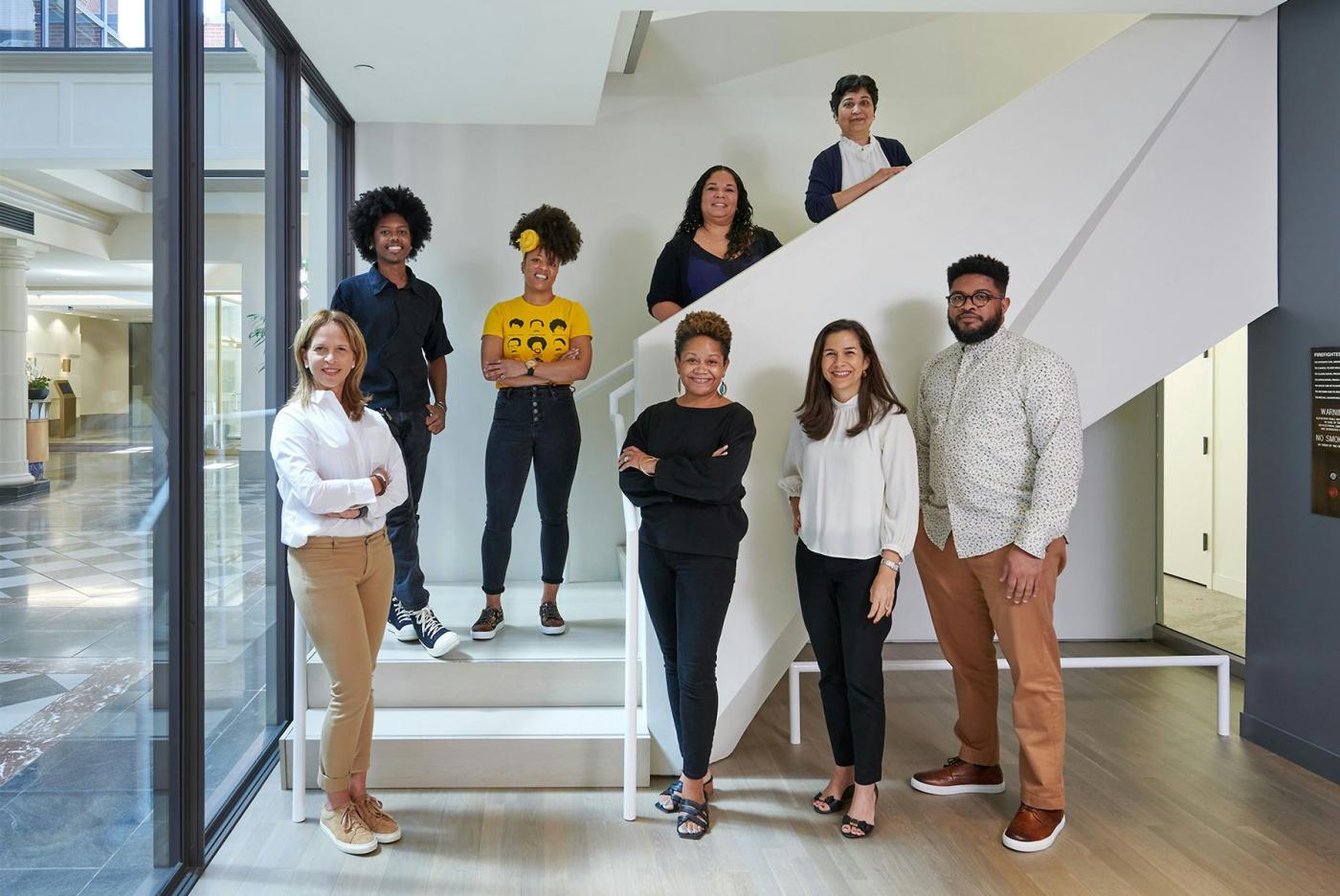
STUDIOS DEIB Council ensures we bring diverse voices into the firm. We ensure equitable hiring practices and that we’re looking beyond the traditional schools that we may have relied on in the past for potential candidates. The Council also hosts events where the stories and experiences of underrepresented groups are celebrated to expose everyone in the studio to experiences beyond their own.


